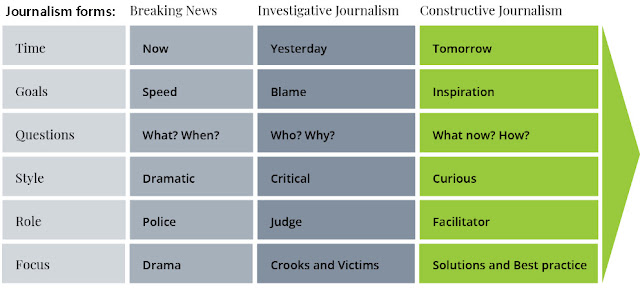 |
| Jackson County is on the California border. (Google map) |
UPDATE, Jan. 17: Medford's KDRV updates its audience on the Courier's plans.
PR for journalism: “Even if the media industry takes urgent steps like diversifying newsrooms and empowering local media, the populist media bashing won’t go away. Ignoring it is not a sustainable way forward,” Cambridge University Ph.D. student Ayala Panievsky writes for Nieman Lab. “Journalists must start campainging for journalism. . . . promote and explain journalism as a flawed-yet-necessary social institution. As media-savvy journalists should know, vague arguments about 'saving democracy' or 'checks and balances' won’t do; they’re too abstract and carry little sentimental resonance for many.”
Seek solutions: "It is not enough for stories to expose problems to societal problems; they should explore how people tackle those problems," Lauren Kessler writes for Nieman Storyboard, promoting the concept of solutions journalism, as defined by the Solutions Journalism Project: “rigorous, evidence-based reporting on the responses to social problems,” the mission of which is “to transform journalism so that all people have access to news that helps them envision and build a more equitable world.” Or, as the late Molly Ivins said, “Listen to the people who are talking about how to fix what’s wrong, not the ones who just work people into a snit over the problems. Listen to the people who have ideas about how to fix things, not the ones who just blame others.”
 |
| Constructive Institute table, adapted by The Rural Blog, shows forms of journalism and their differences. |
No comments:
Post a Comment